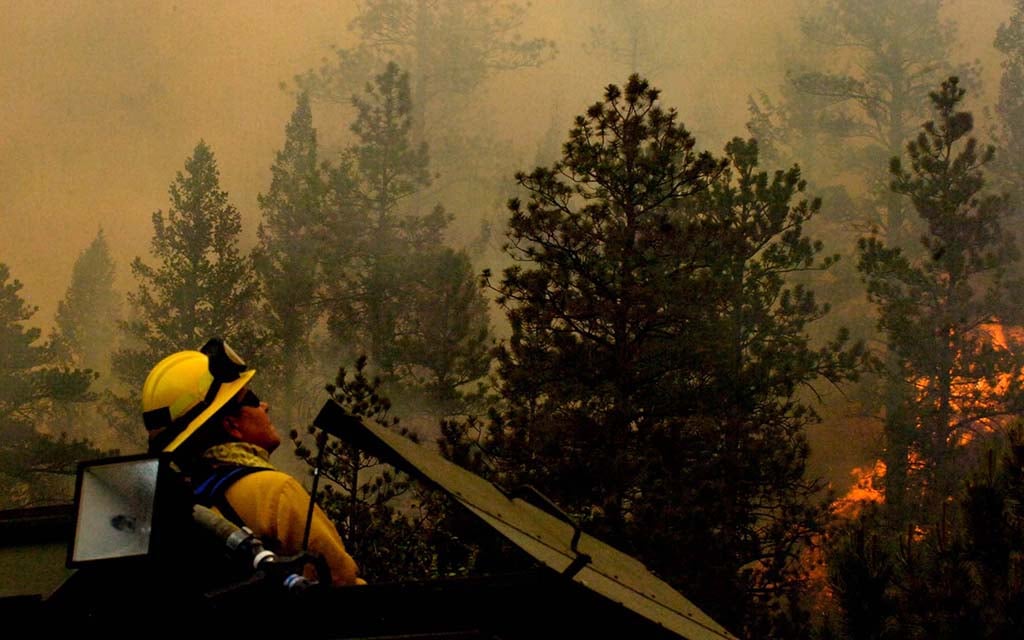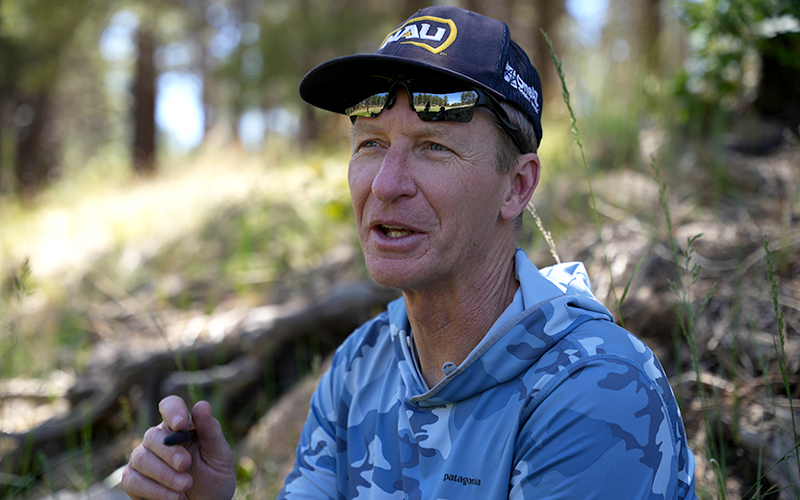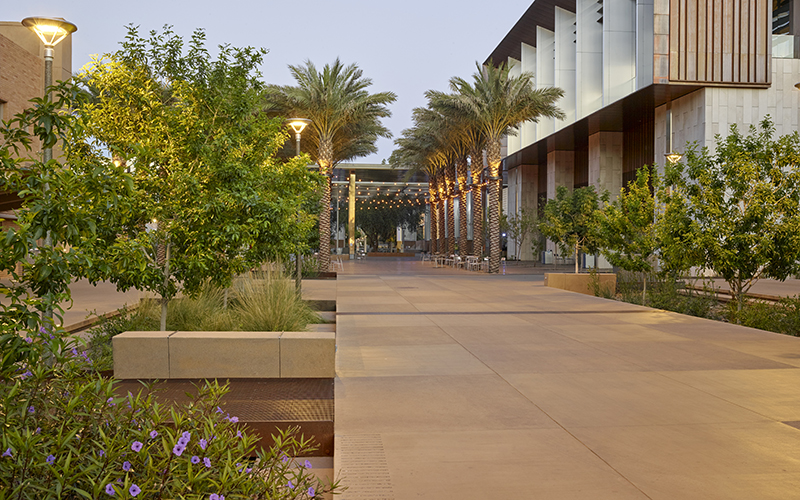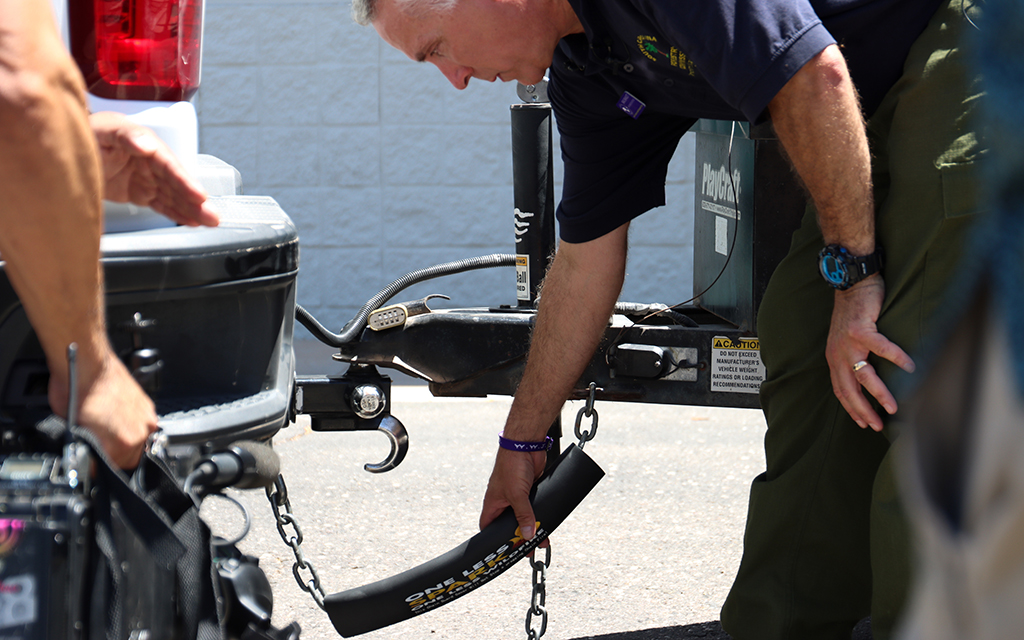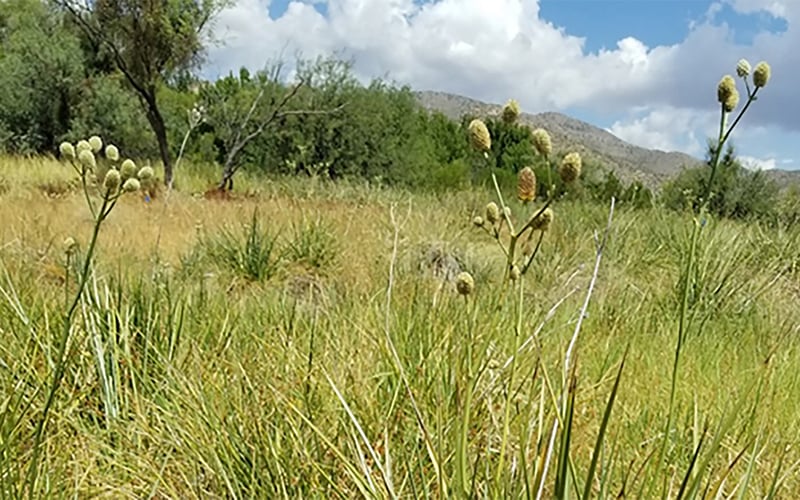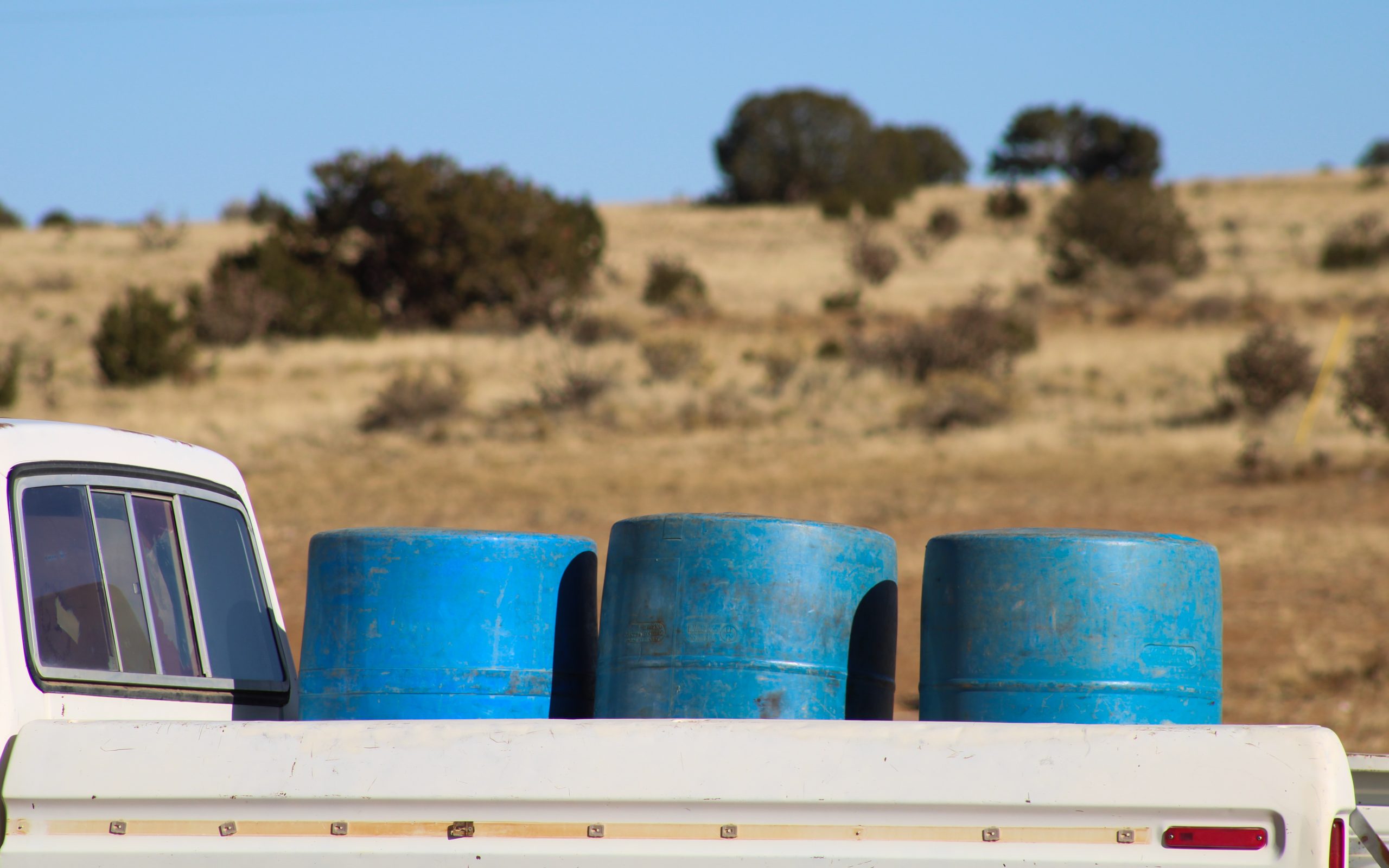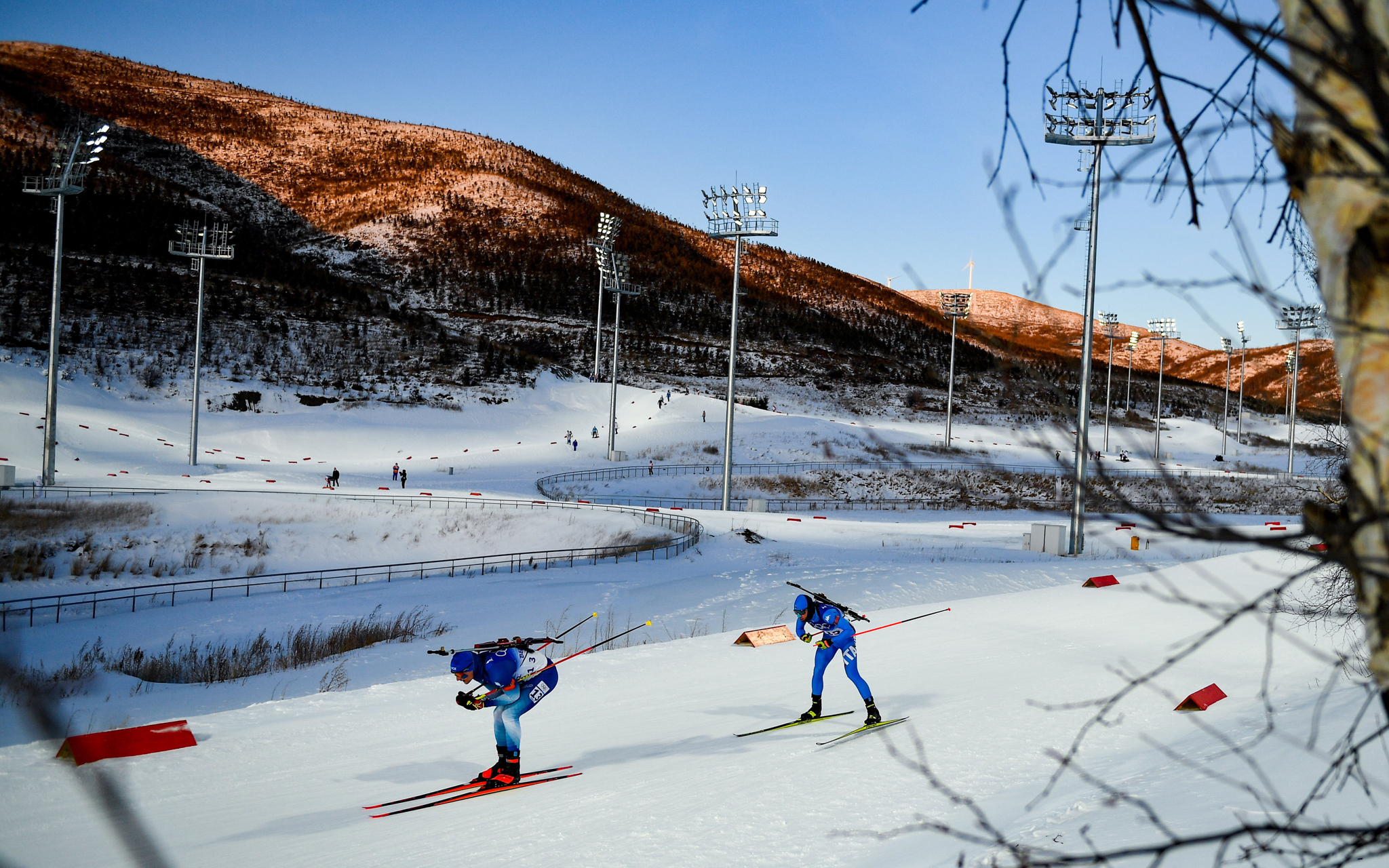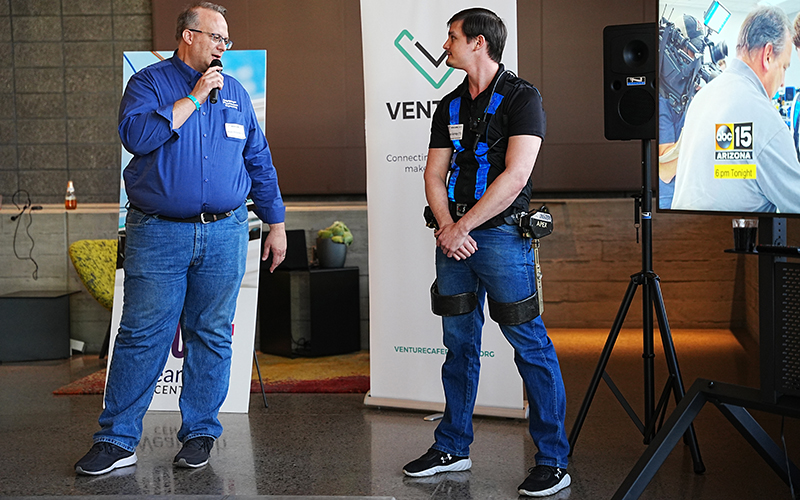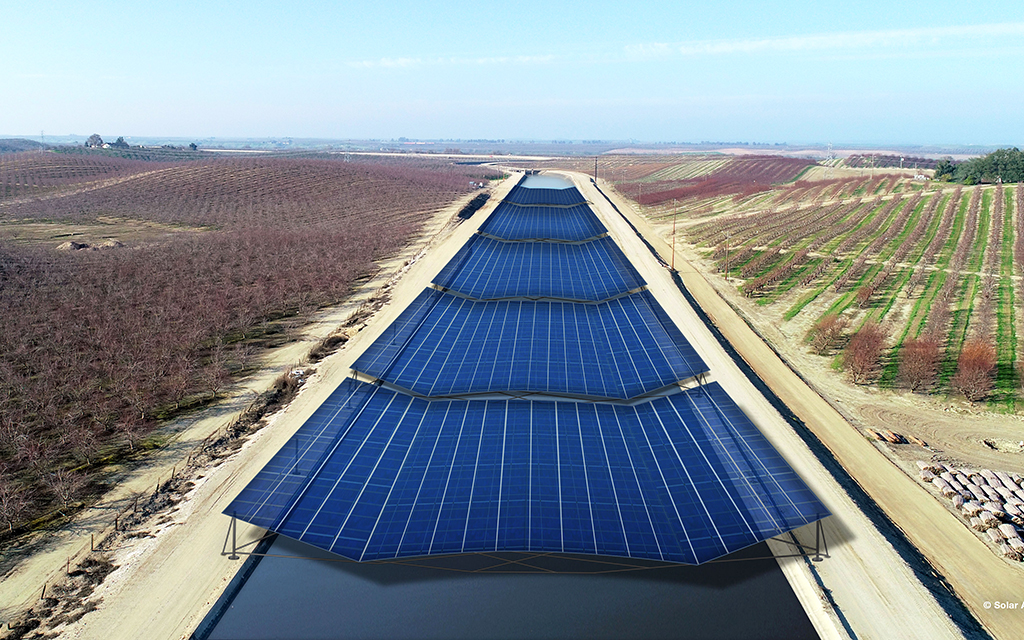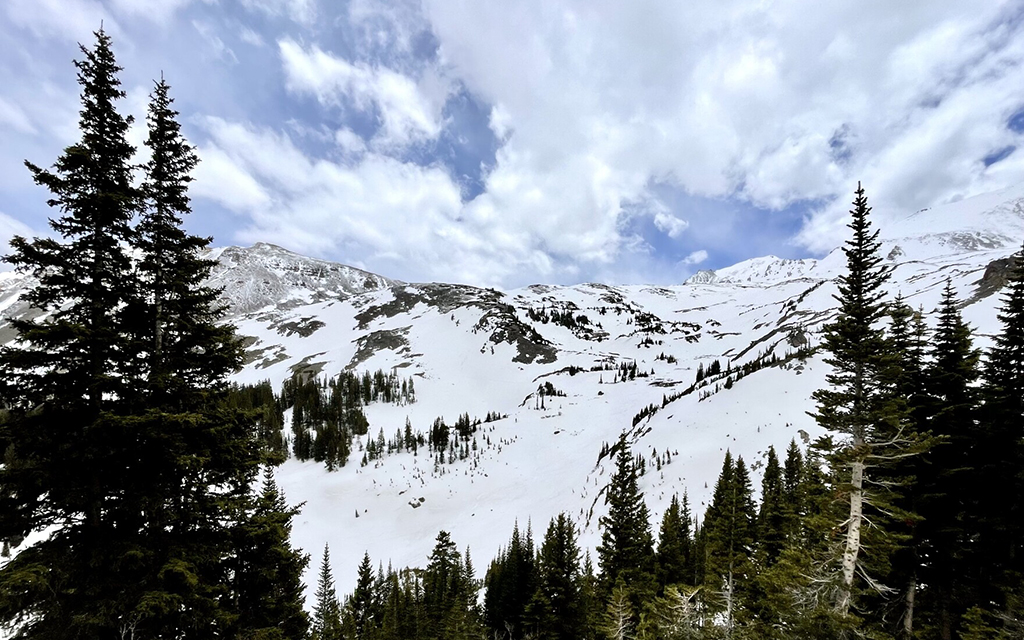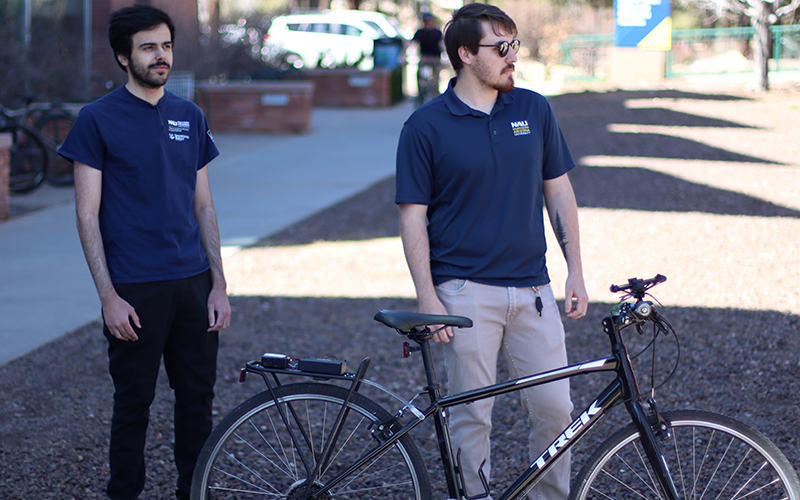Firefighters get pay boost, say more needed as wildfires keep growing
WASHINGTON - Advocates welcomed the announcement that federal firefighter pay will increase by as much as $20,000 this year, a potentially "life-changing" step for the chronically underpaid crews. But they say more still needs to be done to attract and retain firefighters.
‘Springs are sentinels’: NAU team studies how spring water affects ecosystems
FLAGSTAFF – Spring water is a huge part of the Arizona ecosystem, feeding all the state’s perennial streams. NAU professor Abe Springer, who has been studying springs and groundwater for over two decades, talks about how they affect all the inhabitants of Arizona.
Orange goes green: ASU mall earns certification for sustainable landscapes
TEMPE – Outdoor spaces can be certified as sustainable under the SITES program. California, Texas and other states have been quick to adopt the standards, but Arizona has not. ASU is an exception.
As Pipeline Fire burns 20,000 acres north of Flagstaff, officials share safety tips
PHOENIX – The Pipeline Fire has burned over 20,000 acres just north of Flagstaff and prompted some evacuations. Before the fire broke out, the National Fire Prevention Education Team was in Arizona to talk about what Arizonans can do to prevent wildland fires, including being intentional about where you park and how you secure trailer chains.
Advocates hope endangered status for wildflower helps save San Pedro, too
WASHINGTON – Federal officials this week declared the Arizona eryngo, a rare wildflower, an endangered species, a move advocates hope will also help boost efforts to save the San Pedro River where the plant is found.
Access to clean water, rights to Colorado River are high priorities for tribes
Access to clean water is a chronic issue for tribal communities in the Colorado River Basin, who also have been denied their rights to water from the river for a century. Two recent moves intend to address those inequities.
Climate change threatens fair and safe Winter Olympics in the future
FLAGSTAFF – Twenty-one cities around the world have hosted the Winter Olympics in the past 98 years. But by 2080, only one of these cities may be able to provide the conditions required for high level competition that’s fair and safe.
Exoskeleton suit designed to reduce strain on manual laborers
PHOENIX – The WearTech Center, GoX Labs and Arizona State University collaborated to develop an exoskeleton suit called the PhenEx. The suit is designed to reduce the strain on workers as they lift heavy objects.
More Phoenix school districts adding electric buses to their fleets
PHOENIX – Phoenix school districts are changing their bus fleets to electric, and two that serve mostly Latino students – Cartwright Elementary and Phoenix Union High School – are leading the charge.
California to test solar panels over irrigation canals to save water, boost electricity output
TURLOCK, Calif. – The Turlock Irrigation District in central California is conducting a pilot project to save water and increase power output by putting solar panels over canals. The project might eventually help the state save up to 63 billion gallons of water per year.
Warmer winters, drier summers disrupting snowmelt supplying the Colorado River
Summer monsoons don’t supply much water to the Colorado River, but climatologists say they’re needed to lower wildfire threats and raise soil moisture levels, which means that more crucial winter snowmelt will make its way downhill.
NAU’s smart bike technology can detect damaged pathways
FLAGSTAFF – A Northern Arizona University engineering team has created a prototype sensor and network that can detect damage along bike paths and alert city officials to needed repairs.
